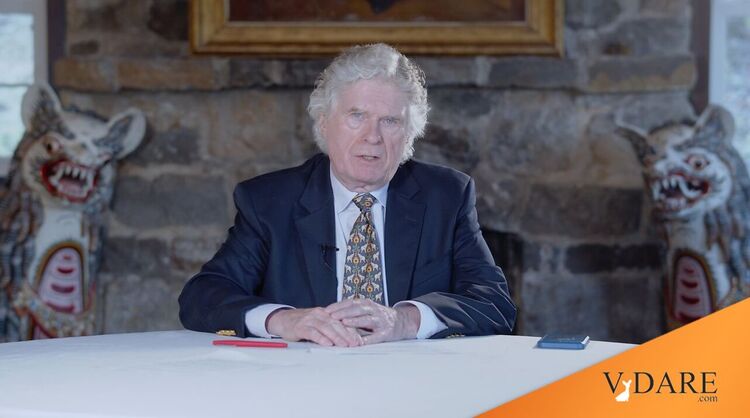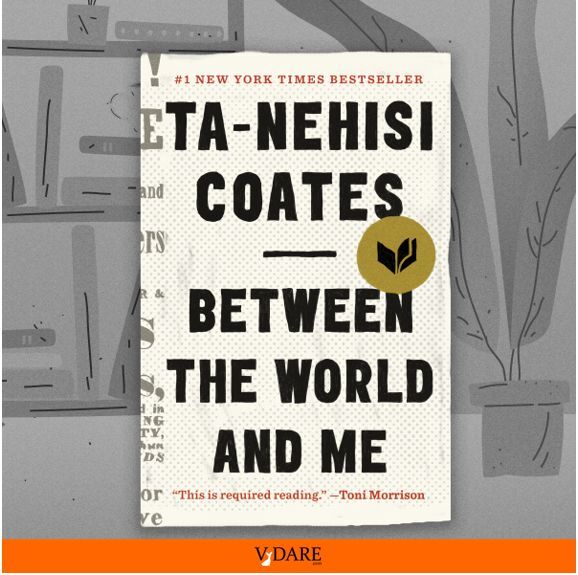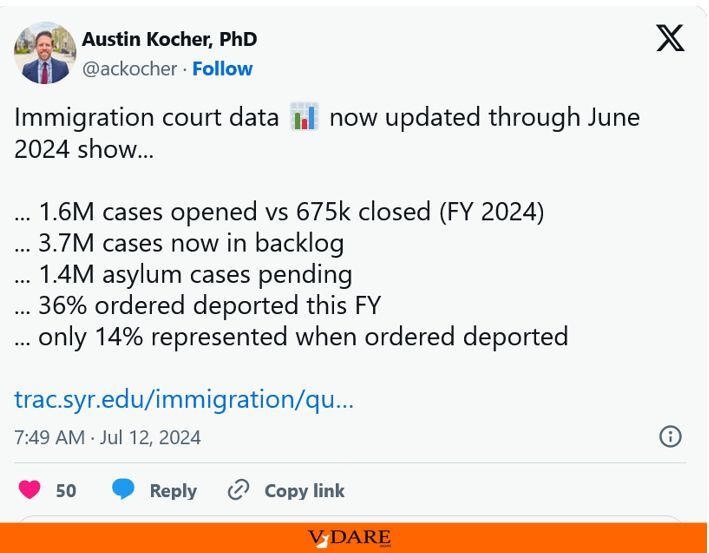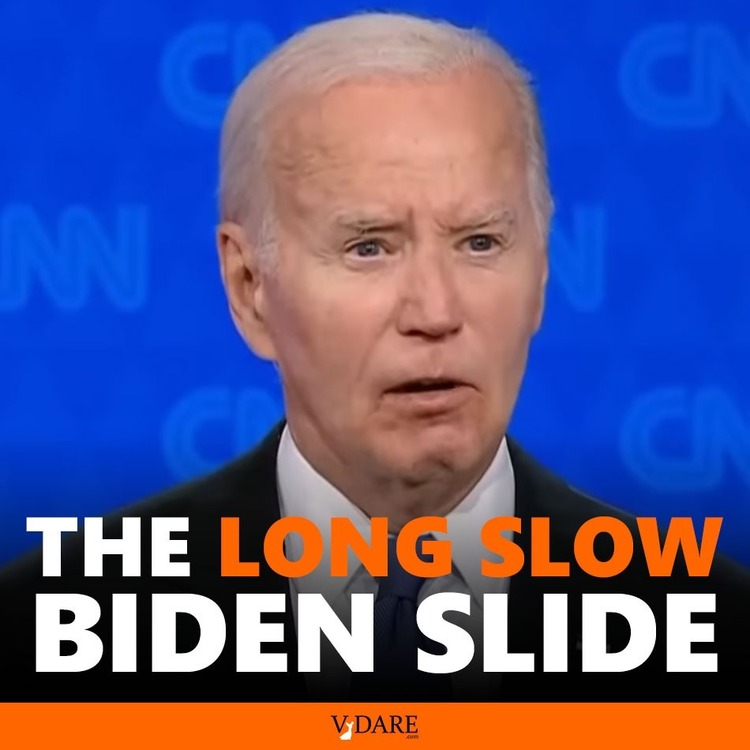From the New York Times:
Target of Racist Graffiti Wrote It, Air Force Academy SaysCommenter Forbes notes: “Alternatively: It’s today’s frontlash warning about tomorrow’s backlash against yesterday’s hate crime hoax.”By CHRISTINE HAUSER NOV. 8, 2017
The discovery of racist graffiti galvanized the Air Force Academy in September, and the superintendent of the Colorado campus turned that into a teaching moment with a speech about diversity and tolerance that found more than a million viewers on the internet.
Now officials say the scrawled slur in a dormitory was a hoax by one of its targets, a black cadet candidate
… As news spread online that a black student had written the slurs, some called on General Silveria to directly address the episode as a hate crime hoax.
The episode renewed concerns that falsely reported hate crimes could make it more difficult for people with legitimate grievances to be taken seriously, particularly in a time when the reports of hate crimes are highly politicized.
“There are opportunists who try to paint this problem as indicative that they are not occurring, when they actually are,” said Brian Levin, the director of the Center for the Study of Hate and Extremism. While hoaxes form a tiny percentage of total hate crime reports, Mr. Levin said he had an “anecdotal sense that we have seen somewhat of an increase in these hoaxes over the last year or so.”Perhaps. Or perhaps not.One such instance came in December 2016, when an 18-year-old Muslim woman who claimed that three men attacked her on a Manhattan subway and tried to pull off her hijab was charged with filing a false report.
“Any false reports of bias incidents are seized on by those who want to create the impression that no hate crime reporting is legitimate,” said Ibrahim Hooper, the spokesman for the Council on American-Islamic Relations. “We have seen an unprecedented spike in the number of hate- and bias-related incidents targeting American Muslims and others across the board.”
Let’s think about the relevant question: What percentage of nationally-publicized hate incidents turn out to be hate hoaxes?
Of the non-local stories that make, say, the New York Times, the Washington Post, CNN, CBS, NBC, ABC, NPR, or The Guardian:
- What percentage turn out to be confirmed true?
- What percentage go down in flames as hate hoaxes?
- What percentage turn out to be legal (e.g., the two Babson College dudes who were the subject of multiple NYT stories for driving around the Wellesley Campus cheering for Donald Trump, which turned out, remarkably enough, to still be legal in Wellesley, MA)?
- And what percentage get left in credibility limbo?
Iraqi Immigrants in California Town Fear a Hate Crime in a Woman’s KillingThat proved to be a complete Hate Hoax: the Iraqi murderer tried to blame white people for murdering his wife. But even I barely remember this incident.By IAN LOVETT and WILL CARLESS MARCH 27, 2012
Another impression of mine is that statistics of hate incidents are padded out with a lot of Dog-Bites-Man events that are so boring that they don’t make the national news.
Among the bottom rungs of society, a lot of bad things are done, and a certain percentage of the bad things really do fit the preconceptions of the elites. Every so often during his career, for example, Jeff Sessions comes down like a ton of bricks on a murderer of some member of a Protected Category. Why? Because Sessions is strongly opposed to murder.
A lot of statistical padding comes from intra-minority fights (a Mexican gang beats up a black or vice-versa) that readers of the NYT assume must have been committed by whites.
Other statistical padding can stem from e.g., at a softball game, one drunk lesbian punches her girlfriend for flirting with someone else and calls her the D-word.
I think padding can also come from inclusion of guys with white prison gang tattoos committing crimes.
Most of these kind of padding cases don’t make the NYT national news pages.
So, of the Hate Incidents that do get national coverage, what percentage ever get confirmed?
This is a really important question and it’s time somebody did this study.











